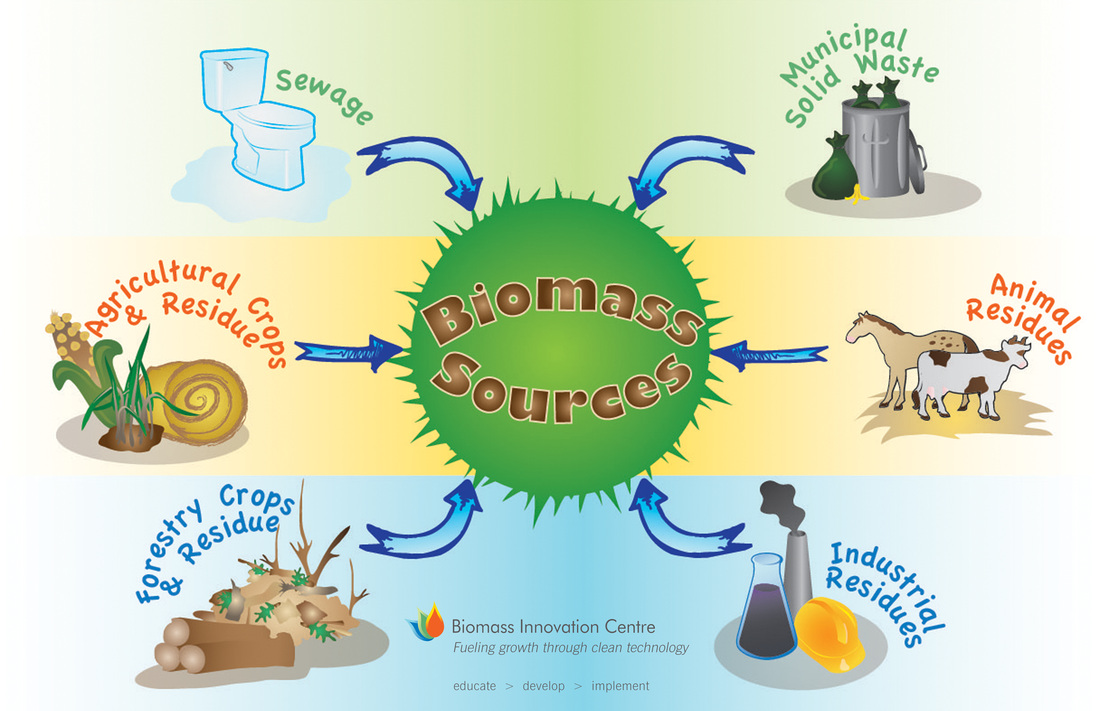how do we use biomass energy
Article: Biomass Energy and Biogas: A Sustainable Solution for Canada
1. What is biomass energy and how does it work?
Biomass energy refers to the energy derived from organic materials such as wood, crops, and agricultural residues. It involves converting these organic materials into usable fuel sources, such as wood pellets or biofuels, through processes like combustion or anaerobic digestion.
2. How is biomass energy being used in Canada?
In Canada, biomass energy plays a crucial role in producing renewable electricity, heating, and transportation fuels. It is used in various sectors, including residential, industrial, and commercial, to reduce reliance on fossil fuels and decrease greenhouse gas emissions.

3. What are the advantages of biogas?
Biogas is a renewable energy source produced through the anaerobic digestion of organic waste materials, such as agricultural residues, food waste, and sewage sludge. Its advantages include:
- Reduces methane emissions from organic waste
- Provides a clean alternative to fossil fuels
- Generates electricity and heat
- Creates nutrient-rich digestate as a byproduct
- Reduces reliance on landfills

4. How does biomass energy contribute to sustainable development?
Biomass energy promotes sustainable development in several ways:
- Reduces greenhouse gas emissions
- Provides a renewable and diversified energy source
- Creates jobs and economic growth in the bioenergy sector
- Reduces dependence on fossil fuels
- Utilizes organic waste materials effectively
5. What are the challenges in implementing biomass energy and biogas projects?
Implementing biomass energy and biogas projects may face the following challenges:
- Availability and sustainability of biomass feedstock
- High initial investment costs
- Technological constraints and efficiency improvements
- Potential environmental impacts
- Regulatory barriers and policy support
6. Are there any incentives or government support for biomass energy and biogas projects?
Yes, the Canadian government provides various incentives and support for biomass energy and biogas projects, including:
- Grants and funding programs
- Tax incentives and credits
- Renewable energy targets and regulations
- Research and development initiatives
- Collaboration with industry stakeholders
7. What is the future outlook for biomass energy and biogas in Canada?
The future of biomass energy and biogas in Canada looks promising. The country has abundant biomass resources and a growing interest in renewable energy. Continued technological advancements, supportive policies, and increased awareness of the environmental benefits will likely drive further adoption and expansion of biomass energy and biogas projects.
8. How do biomass energy and biogas contribute to reducing greenhouse gas emissions?
Biomass energy and biogas contribute to reducing greenhouse gas emissions through:
- Replacement of fossil fuels with renewable alternatives
- Prevention of methane emissions from organic waste
- Utilization of agricultural residues that would otherwise emit CO2
- Offsetting emissions from traditional energy sources
9. What are the potential applications of biomass energy and biogas?
The potential applications of biomass energy and biogas include:
- Electricity generation
- Heating and cooling systems
- Transportation fuels
- Combined heat and power (CHP) systems
- Industrial process heat
10. How can individuals contribute to the adoption of biomass energy and biogas?
Individuals can contribute to the adoption of biomass energy and biogas by:
- Supporting renewable energy policies and initiatives
- Participating in organic waste recycling programs
- Exploring biomass heating options for homes and businesses
- Advocating for clean energy alternatives in their communities
- Researching and adopting sustainable practices
11. Are there any environmental concerns associated with biomass energy and biogas?
While biomass energy and biogas offer significant environmental benefits, some concerns include:
- Potential air emissions from combustion processes
- Sustainability of biomass feedstock sourcing
- Potential land use conflicts
- Water usage in biogas production
- Odor issues in biogas facilities
12. Can biomass energy and biogas be integrated with other renewable energy sources?
Yes, biomass energy and biogas can be integrated with other renewable energy sources, such as solar and wind, to create a more diversified and reliable energy mix. This integration can help balance intermittent energy generation and maximize the utilization of renewable resources.